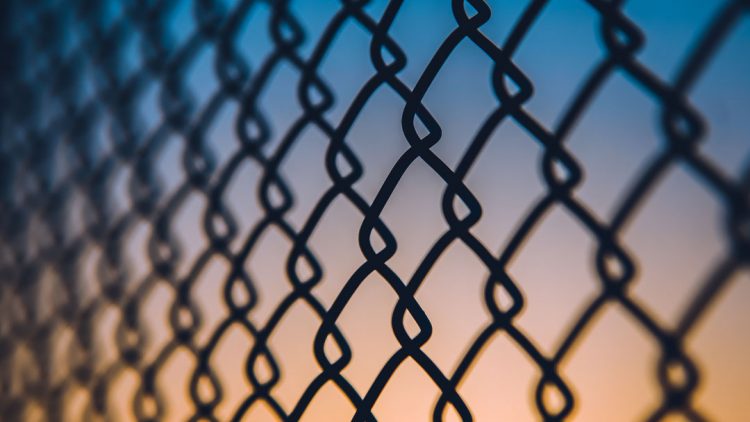What Fence Material Is The Longest Lasting?
With the variety of fence materials currently available, you may feel overwhelmed by your selections. When comparing wood fences, vinyl fences, wrought iron fences, and others, it is essential to consider durability. This will assist you in locating the optimal investment for your short- and long-term objectives. Find out which fencing material is the most durable by reading on.
Different Fence Materials (And How Long They Last)
There are a variety of fencing materials available on the market today. The following is a summary of the most prevalent fencing materials:
Wooden fencing is among the most common solutions, independent of a home’s architectural type or area. Depending on the type of wood it is manufactured from and how well it is maintained, a wooden fence can last 30 years or longer. Less costly woods, such as spruce or pine, are not as durable as cedar. A fence that is tinted on a regular basis will endure longer than one that is left untreated.
Chain link fencing is one of the most cost-effective fencing materials available. Depending on maintenance, chain link fencing can last roughly 20 years. However, chain link is not as visually appealing as other fence materials, making it inappropriate for many settings.
Vinyl fencing: Vinyl fencing may last more than 30 years with minimal upkeep. Vinyl, unlike wood, which can bend, rot, or shrink with time, is solid and resilient. It is resistant to insects, rain, snow, fluctuations in temperature, and other elements. Therefore, vinyl fencing is the most durable fencing material. It requires no staining and is simple to clean with soap and water. Vinyl fencing is the best fencing material available.
Aluminum, steel, and wrought iron fencing are sturdy and appealing decorative solutions. These fences can endure high winds and severe precipitation. However, they offer little seclusion, thus they may not be suitable for a backyard or other personal space. We can assist you in deciding which fencing material is ideal.
Other Factors Influencing Fence Durability
In addition to fence material, there are additional aspects that affect the longevity of your fence. For example, if your home is situated in an open area with considerable wind exposure, the wind will exert additional force on your fencing. This may lead the fence to lean over time if it is not properly anchored into the ground. If you have a lot of hydrostatic pressure and standing water in your yard, the foundation under your fencing may be compromised. This could also reduce the longevity. Discuss these variables with your fence installers to ensure that you select the ideal fence design for your needs.
How to Increase the Durability of Your Fence
If you want your new fence to survive as long as possible, consider the following advice from our fencing company in Baltimore.
Keep an eye out for trees and bushes along the fence line. If you observe any undesirable plants developing, uproot or eradicate them as soon as possible. Over time, the root structures and branches can exert detrimental pressure on your fence.
Remove leaves and other debris from the fence’s foundation. This trash provides a warm and pleasant habitat for bugs that could cause harm to your fencing.
Your wooden fence should be stained. This procedure must be performed every few years. The stain will protect the wood from the elements and keep the fencing’s aesthetic appeal.
Repair the fence in a timely manner. The problems will worsen over time, resulting in more expensive repairs. Any damage to your fence could compromise its structural integrity.
Multiple times a year, inspect your fencing. Many fence defects are simple to fix, particularly if they are caught early. A few times per year, perform a brief inspection to ensure that your fence is in good condition. If not, please contact us for fence repair.

